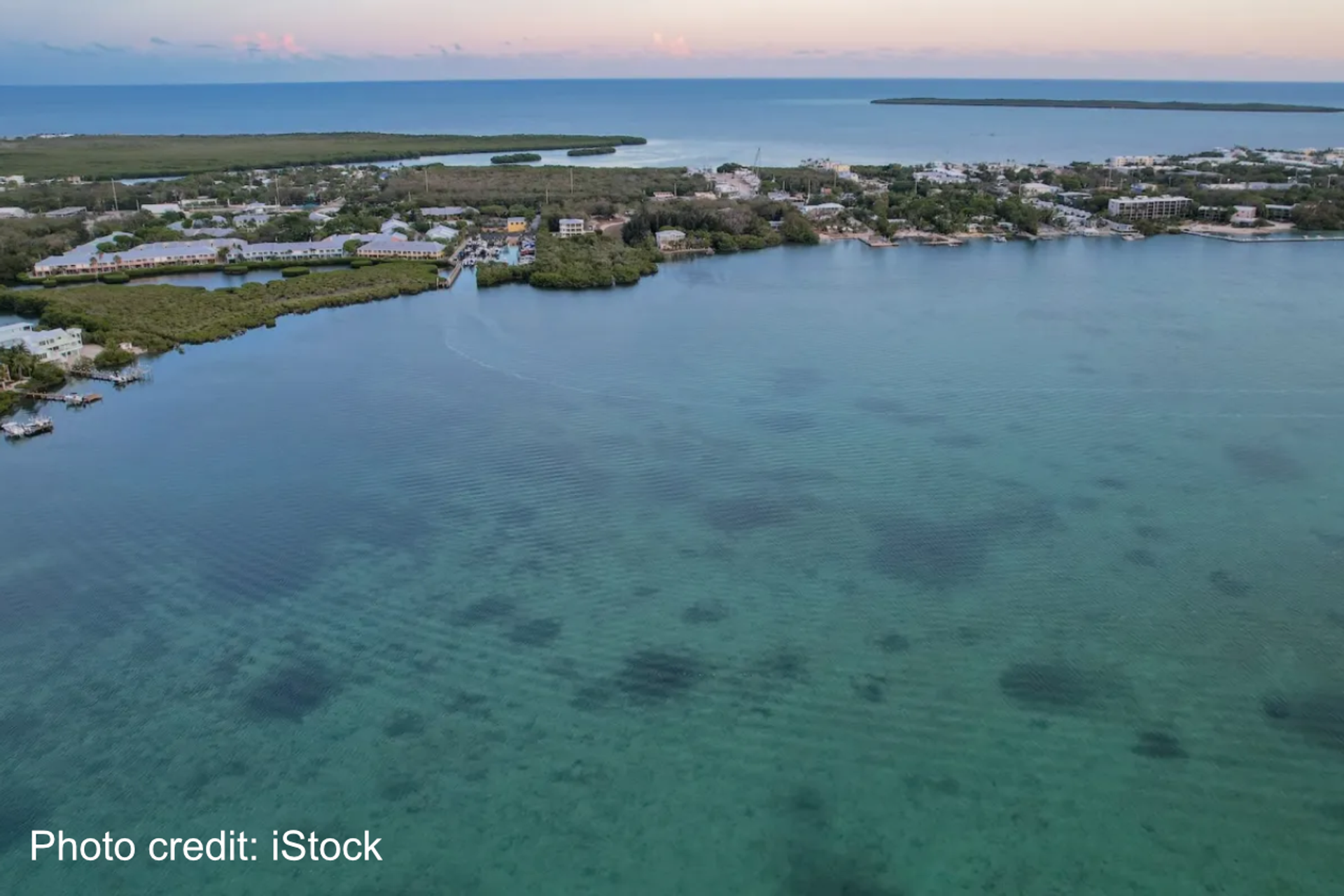Scientists make stunning observation beneath waves off Florida island: 'We're doing something right'

The coral reefs off Key Largo, Florida, have been severely impacted by record-high coastal water temperatures. In 2023, these elevated temperatures triggered a mass bleaching event and caused what scientists call an "asynchronous stress spawn," leading to premature and unsuccessful coral reproduction. Normally, coral spawning occurs once a year, synchronized by subtle changes in tides, temperature, and moon phases, allowing eggs and sperm to meet at the water’s surface before settling on the ocean floor.
To assist this year’s coral spawn, the Coral Restoration Foundation (CRF) actively collected gametes from the coral nursery to improve reproduction success and genetic diversity. Spawning is a key indicator of coral health, and CRF scientists were able to collect 14 of the 29 staghorn genotypes, increasing the potential for crossing genetic variants to build resilience against rising temperatures. According to Alex Neufeld, CRF’s science program manager, viable eggs demonstrate that basic life needs are being met and that the colonies are healthy.
Despite this success, Florida’s underwater temperatures remain dangerously high, limiting safe replanting of corals unless they are heat-resistant. Researchers are exploring scalable methods to increase coral resilience, such as treating large numbers of larvae rather than adult corals. Around the world, scientists are employing innovative strategies—including robotic monitoring, music therapy, and chemical assessments—to preserve coral reefs, which are critical habitats for 25% of marine life, highlighting the urgent need to protect these ecosystems from environmental stress. To learn more about this, head to Brianne Nemiroff’s article: Scientists make stunning observation beneath waves off Florida island: 'We're doing something right'